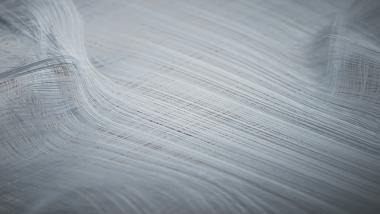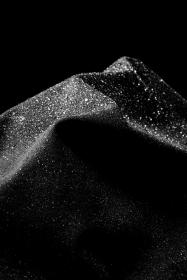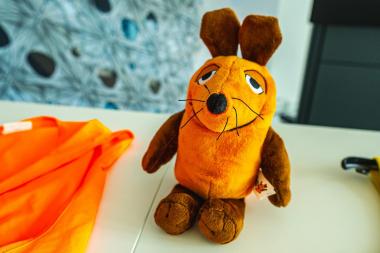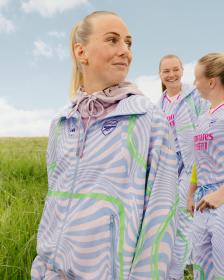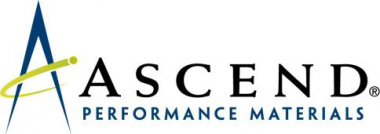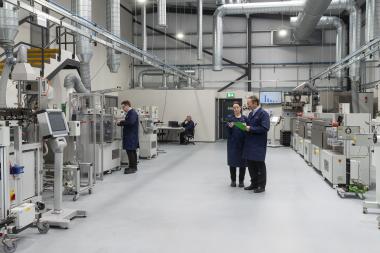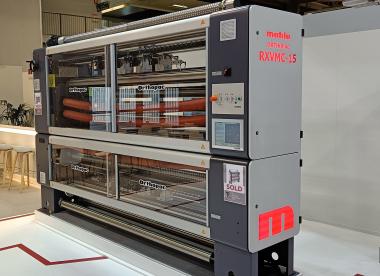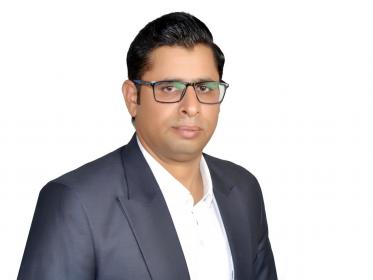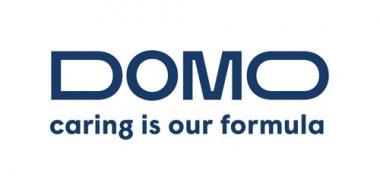Dyneema®: Weight Savings of up to 20% in Protective Body Armor
Dyneema® announced the launch of a next-generation unidirectional (UD) material innovation based on its third-generation fiber at the polymer level: a development poised to enhance the safety and mobility of law enforcement officers and military forces through molecular engineering.
This evolution enables a higher-tenacity fiber – resulting in increased ballistic stopping power when used in the new UD material, Dyneema® SB301, for protective armor applications. The seismic shift in performance enables body armor manufacturers to design soft armor vests 10–20% lighter than previous protective solutions.
Beyond strength, Dyneema® SB301 has the advantage of being made from bio-based Dyneema® fiber, which enables a carbon footprint up to 90% lower than generic high modulus polyethylene (HMPE) fiber.
Now available for use in law enforcement vests for the US market, Dyneema® SB301 material is manufactured in Greenville, North Carolina, in compliance with the Berry Amendment, with additional markets to follow.
“In every situation, weight is now considered to be the top priority after ballistic stopping power,” said Marcelo van de Kamp, global business director for personal protection at Avient. “That’s because survivability is directly tied to weight savings when speed and agility determine outcomes. We’ve long been known as the ‘world’s strongest fiber™,’ but that won’t stop us from finding new opportunities to get stronger. This new product is the latest demonstration of our commitment to both innovation and protection.”
Avient Corporation


